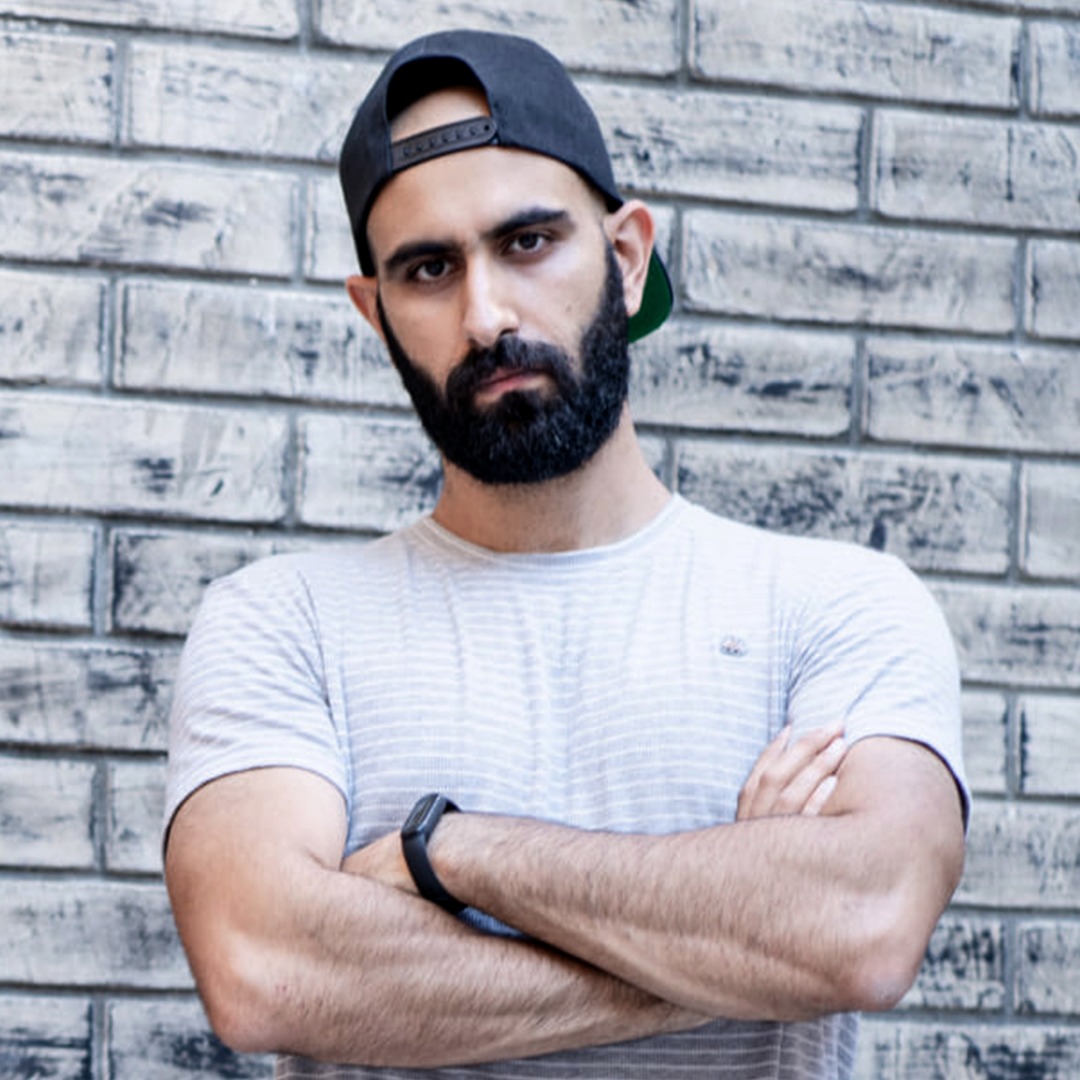SyriaUntold’s illustrator and multimedia editor Rami Khoury revisited Souad Abbas’s story from earlier this month on one woman's struggle with sexual trauma and her attempts to heal in Germany.
Rami’s picture story is below, with snippets from Souad's original written piece.
Nimat isn’t her real name. In 2015, she fled her home country Syria with her husband, crossed from Turkey to Greece by sea like tens of thousands of other people, and from there made it to Germany on foot. She had married a few years earlier, in February 2011, shortly after her 18th birthday. It was an arranged marriage. “Don't pay attention to what she says," her mother advised the new son-in-law on their wedding day, knowing Nimat was terrified. "Today is your day." He was several years older. The marriage was to be consummated on the very first night, no matter how many times Nimat asked for time to adjust beforehand.
Nimat’s mother never taught her about the female body or about sex, nor did her school. There were so many questions that she was either too shy for or simply didn’t know to ask. For one, Nimat didn’t understand why her otherwise loving mother told her groom to “take her virginity” from day one. That wedding night, full of tension and ignorance, shaped her relationship with her husband and continues to shape her life to this day.
"Finally, I divorced him. We had been married for eight years, eight years without love, and I didn’t have one orgasm. The worst part was that I eventually realized that what I had experienced in all those years was nothing but rape."
After a year of marriage, Nimat probably would never have understood what was so significant about sex if she hadn't been caring for displaced people at the start of the Syrian uprising. As part of her work, she witnessed dozens of conservative families housed in a school building on the outskirts of Damascus. Workers installed makeshift showerheads in the public bathroom stalls. Married couples lined up in front of the six "showers" to perform quick conjugal intercourse, only to finish, leave and let the next couple in immediately afterward. No one was bothered by the sounds coming through the thin doors because, for one thing, they were performing a religious duty, and for some of them, eating, going to the bathroom and having sex were their only ways to cope in the face of death. Nimat just didn't understand what it was about sex that was so impossible to postpone.
Nimat does not feel freer or stronger now than before just because of her new appearance. Her flying hair does not carry her into a world where all women are free. Nor does she cheer those who think Islam covers not only the hair but also the mind. In fact, nothing has changed. Her fellow students at the university greeted her normally, talking as usual about where they applied for jobs or internships. No one congratulated her on her bold move, and no one tried to hide criticism or astonishment. Nor did she look askance at other female students when they, too, suddenly walked through the wide hallways without headscarves. It seemed that many of her fellow students had made the same pragmatic decision completely without prior agreement: so close to graduation and entering the job market, the opportunities without headscarves would now be better but... not fairer at all.












